Chicago
20 Of Chicago’s Greatest Sports Teams Ever

Chicago pulses with sports energy in every neighborhood. Teams from all eras have shaped their character, building stories of loyalty and toughness. This listicle highlights 20 franchises that carry the city’s athletic spirit across multiple leagues and generations.
Chicago Bears
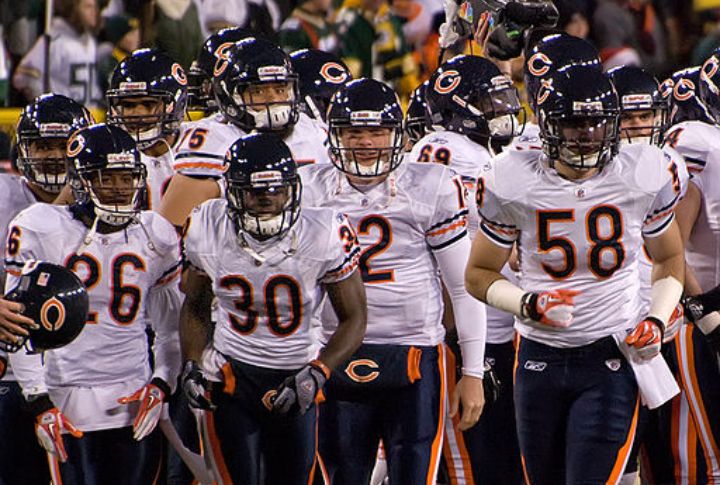
The Bears, founded in 1919, have been a cornerstone of Chicago football. Soldier Field echoes their legacy, which is also marked by the Super Bowl XX title. Fierce defensive play and a devoted fan base make the Bears something to remember in the NFL.
Chicago Cubs
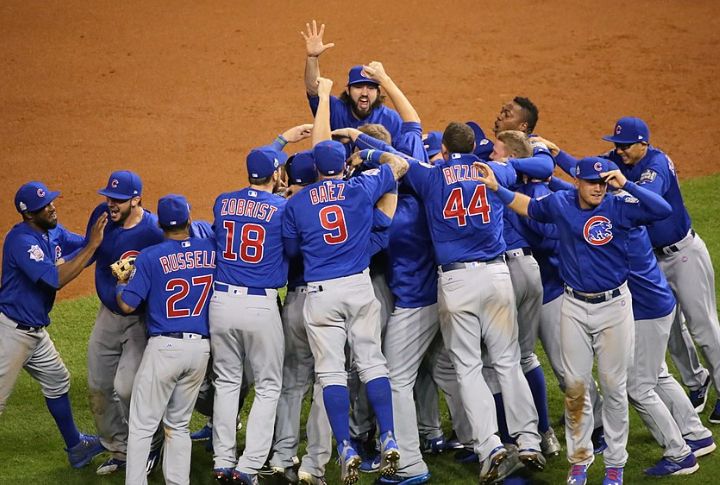
Playing out of Wrigley Field, the Cubs’ charm runs deeper than ivy on the walls. The 2016 World Series victory didn’t just end a drought for them, it reignited a cultural heartbeat. The team holds a permanent place in baseball’s grand tradition.
Chicago White Sox
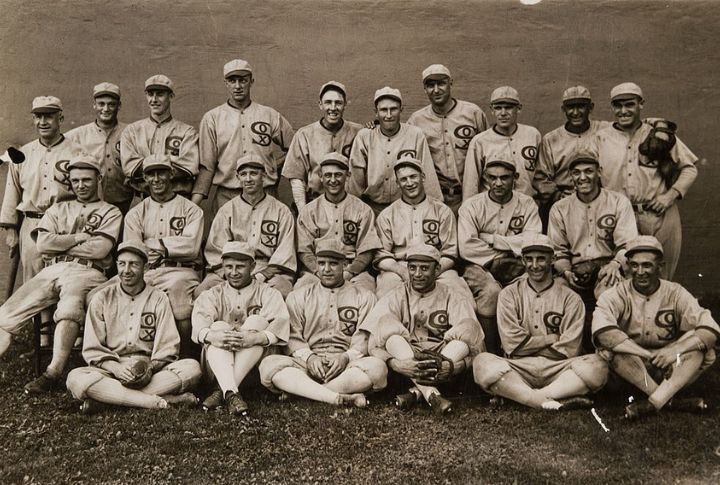
Rooted in the South Side since 1901, the White Sox played in the first official American League game, defeating Cleveland 8–2. Their 2005 World Series win made decades of loyalty worth it. And this is huge for a franchise that’s defined by flashes of glory.
Chicago Bulls
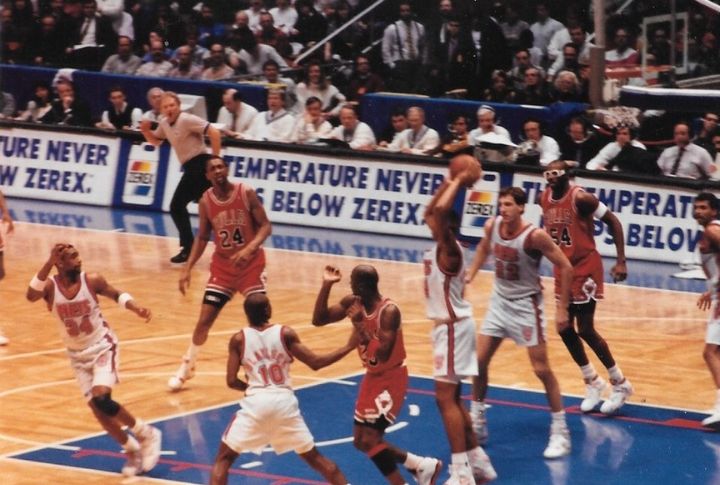
The Bulls changed basketball in the 1990s by capturing six NBA championships. Their dominance brought global attention to Chicago, and the United Center remains a magnet for fans who continue to celebrate the team’s legendary impact.
Windy City Rollers (Roller Derby)
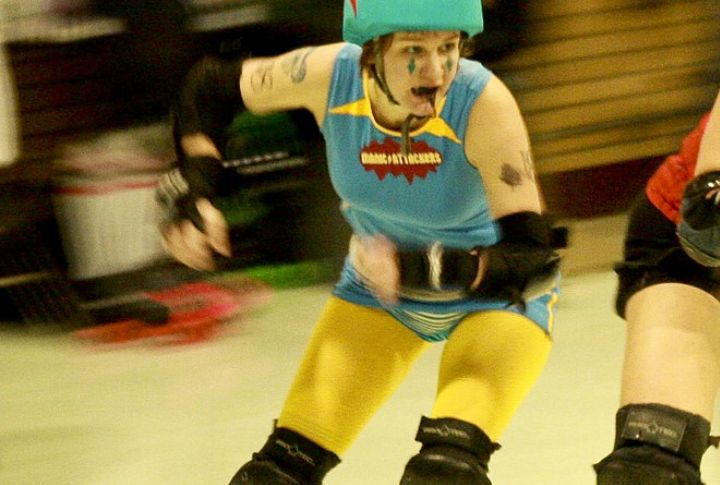
The Windy City Rollers, established in 2004, helped revive roller derby across the country and anchored Chicago’s presence in the Women’s Flat Track Derby Association. Their home bouts at Cicero Stadium drew crowds clad in punk and retro outfits, a trend that continues even today. This local league even inspired the cult film “Whip It”, elevating derby culture to national attention.
Chicago Blackhawks
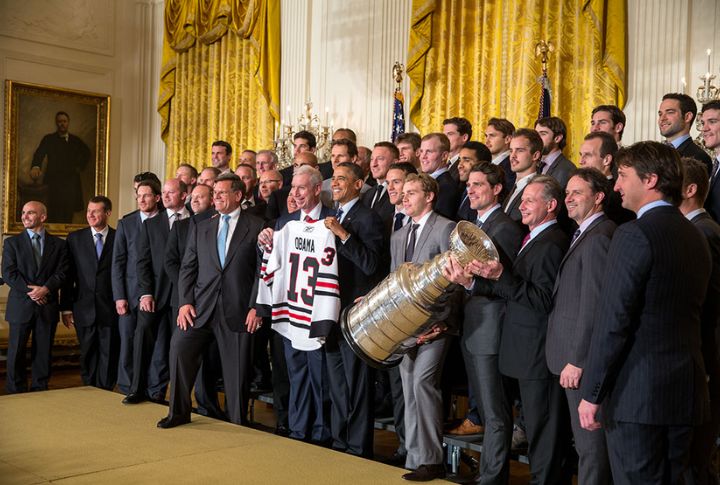
The Chicago Blackhawks, an iconic NHL franchise and one of the league’s Original Six, have been a central force in professional hockey since 1926. With six Stanley Cup wins, including three in the 2010s, they’ve cemented their legacy in Chicago and beyond.
Chicago Sky
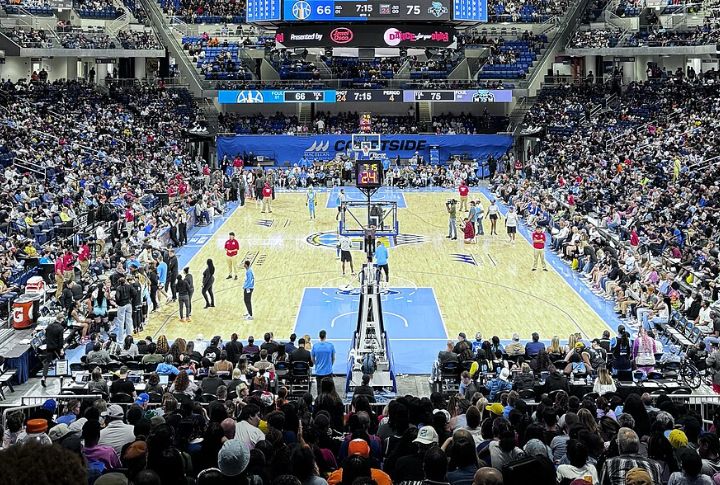
Since their 2006 debut, the Sky has steadily risen in women’s basketball. The 2021 championship win marked a milestone, showcasing Chicago’s growing influence and the strength of its professional female athletes in a competitive league.
Chicago Fire FC
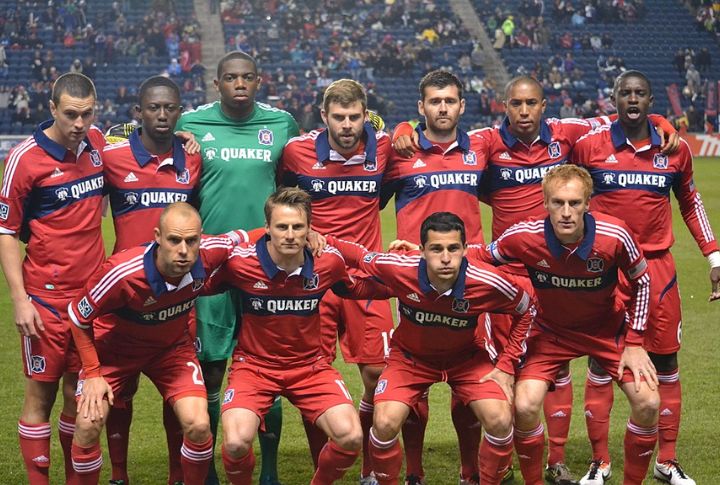
Fire FC launched with a championship in 1998. Now playing at Soldier Field, they are truly vital in the whole process of expanding soccer’s reach. This has cultivated a dedicated fan base throughout Chicago’s sports scene.
Chicago Red Stars
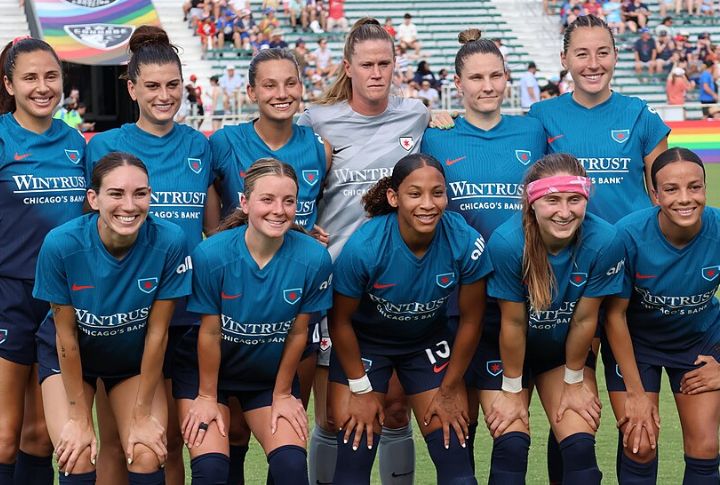
A cornerstone of the NWSL, i.e., National Women’s Soccer League, the Red Stars deliver consistency and talent. Competing at SeatGeek Stadium, they’ve become key figures in the conversation about equity and excellence in professional soccer.
Chicago Wolves
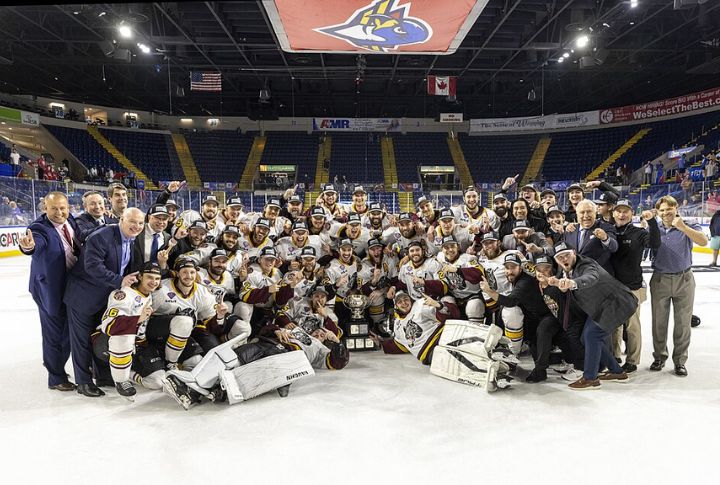
The Chicago Wolves began in the IHL in 1994 and moved to the AHL in 2001 after the IHL folded. Their track record includes multiple league titles and a steady pipeline of NHL-caliber talent, backed by a fiercely loyal fan base and a tenacious reputation.
Jesse White Tumblers
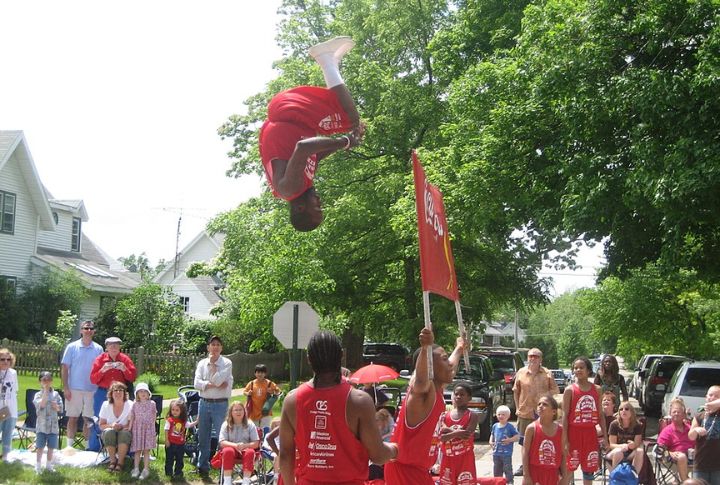
With a mission to blend athletics and community impact through acrobatics, Jesse White Tumblers was formed in 1959. Appearing at NFL games, NBA halftimes, and presidential inaugurations, their performances are both dynamic and symbolic. Its membership standards, such as GPA minimums and legal accountability, ensure this sports group builds leaders as well as athletes.
Chicago Union
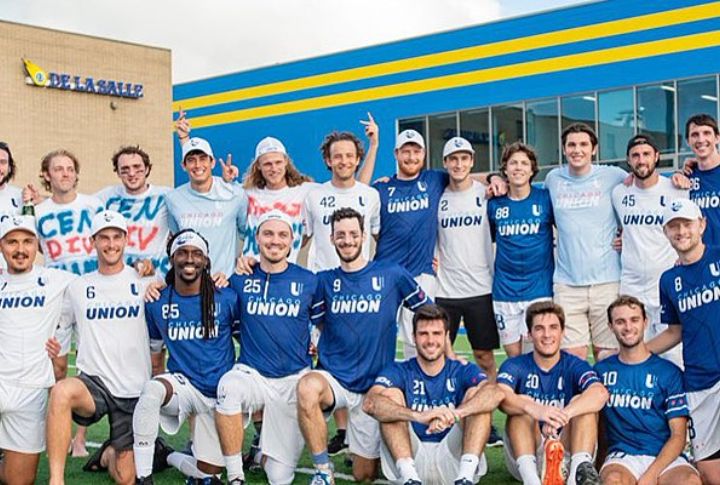
The Chicago Union competes in the Ultimate Frisbee Association (UFA), the premier professional league for the sport. Their matches combine strategy, speed, and team chemistry, offering a different kind of game-day thrill for fans.
Chicago Bandits

Once one of the premier women’s softball teams, the Bandits collected championships in the NPF. Though they disbanded in 2021, their legacy still remains a symbol of professional excellence in a sport that’s often under-recognized.
Chicago Cougars
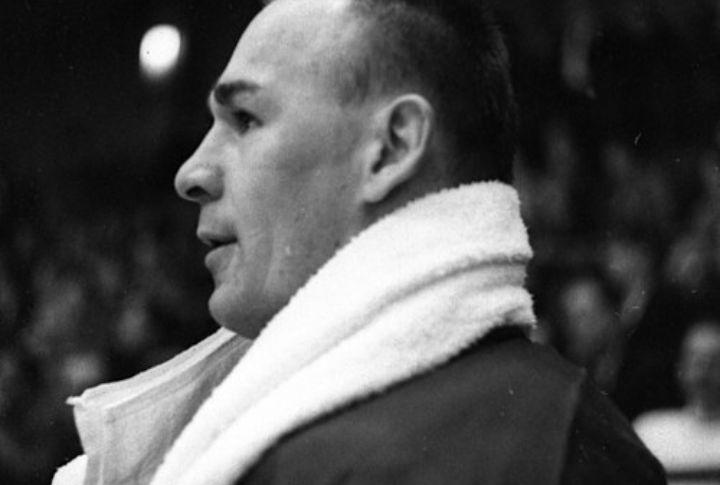
A fleeting franchise in the World Hockey Association, the Cougars left a brief but colorful imprint. This franchise existed from 1972 to 1975, and added texture to Chicago’s deep well of hockey history, even if the team itself didn’t endure.
DePaul Blue Demons Men’s Basketball (NCAA)
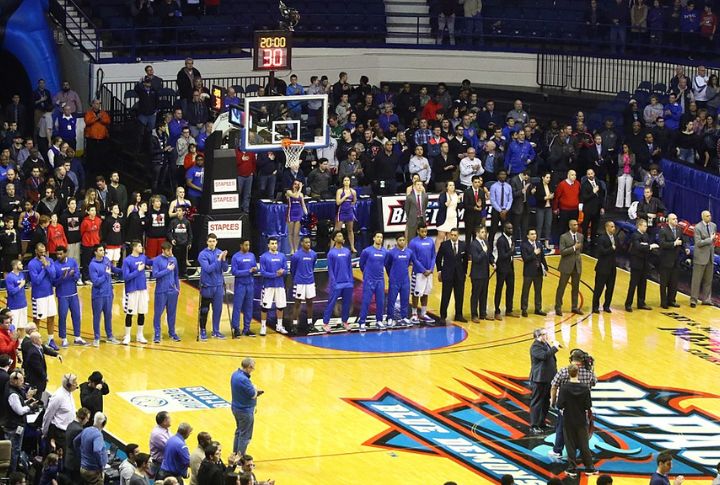
The men’s basketball team gained national prominence in the 1970s and ’80s under legendary coach Ray Meyer. With a Final Four run in 1979 and superstar Mark Aguirre on the court, the Blue Demons intrigued college basketball. Despite frequent tournament appearances, their elusive championship title remains an unexpected and memorable quirk in NCAA history.
Chicago Sting
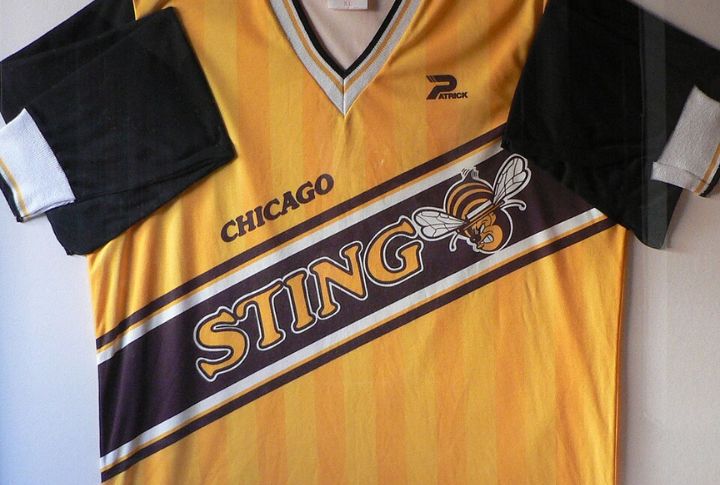
The Sting played outdoor and indoor soccer in the NASL and MISL. Their bold yellow kits and fast-paced play introduced many in Chicago to the thrill of global soccer before MLS took root. And two of the championships in the ’80s made them pioneers.
Chicago Blitz (USFL)
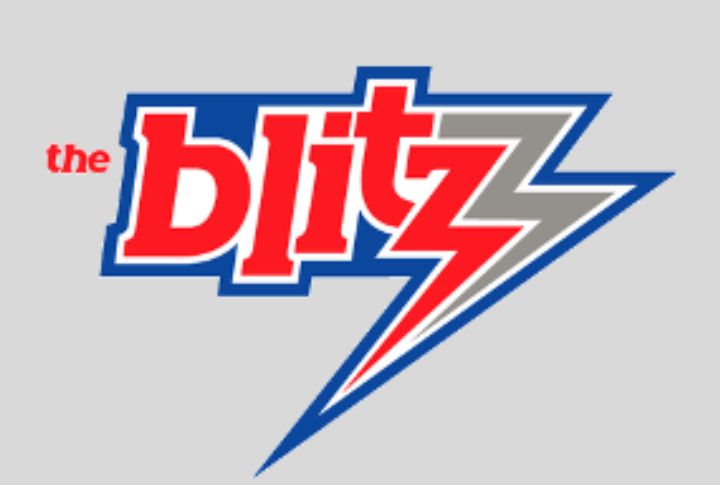
It joined the United States Football League in 1983, bringing spring football and pro-level ambitions to the city. Led by Hall of Fame coach George Allen, the Chicago Blitz sparked hope among fans. An extraordinary roster swap with the Arizona Wranglers in 1984 made headlines and remains one of the strangest team moves in football history.
Bank Of America Chicago Marathon
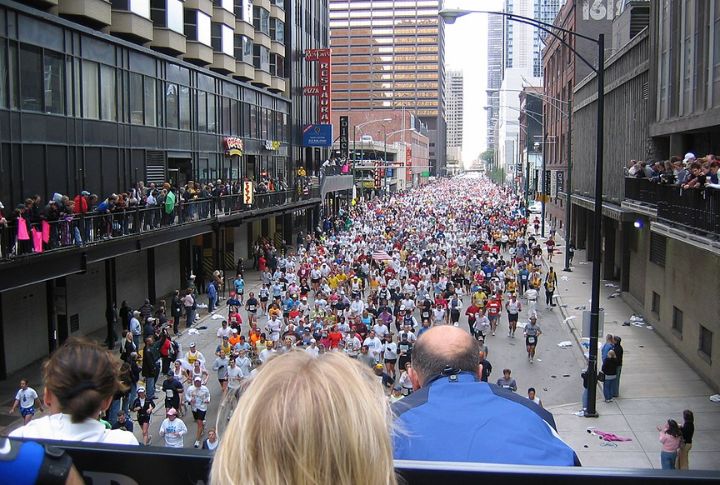
The Bank of America Chicago Marathon is a premier global event that annually draws over 40,000 runners to the city’s streets. Its flat, scenic course enables world record performances and is beloved by elite athletes. One noteworthy moment occurred when President Obama waved to runners from his Hyde Park residence, linking local pride with global achievement.
Chicago American Giants
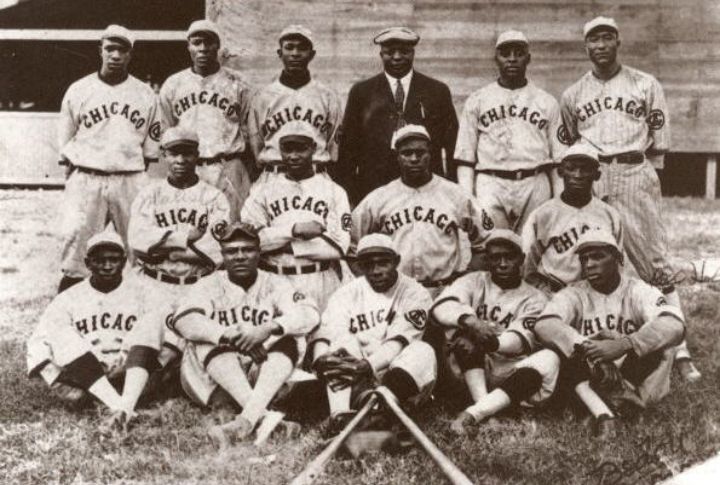
This powerhouse helped define Black baseball excellence. Founded in 1910, they won championships and drew huge crowds for that time. The American giant’s achievements continue to receive overdue recognition in the context of American sports history and even civil rights.
Chicago Cardinals
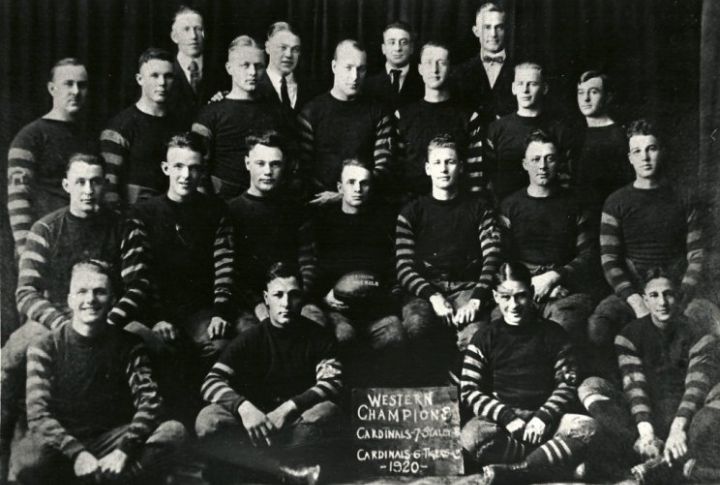
Once rivals to the Bears, the Cardinals were an NFL original. Playing in Chicago until 1959, their departure certainly didn’t erase the impact. Their time in the city added depth to its football rivalry and layered legacy.

